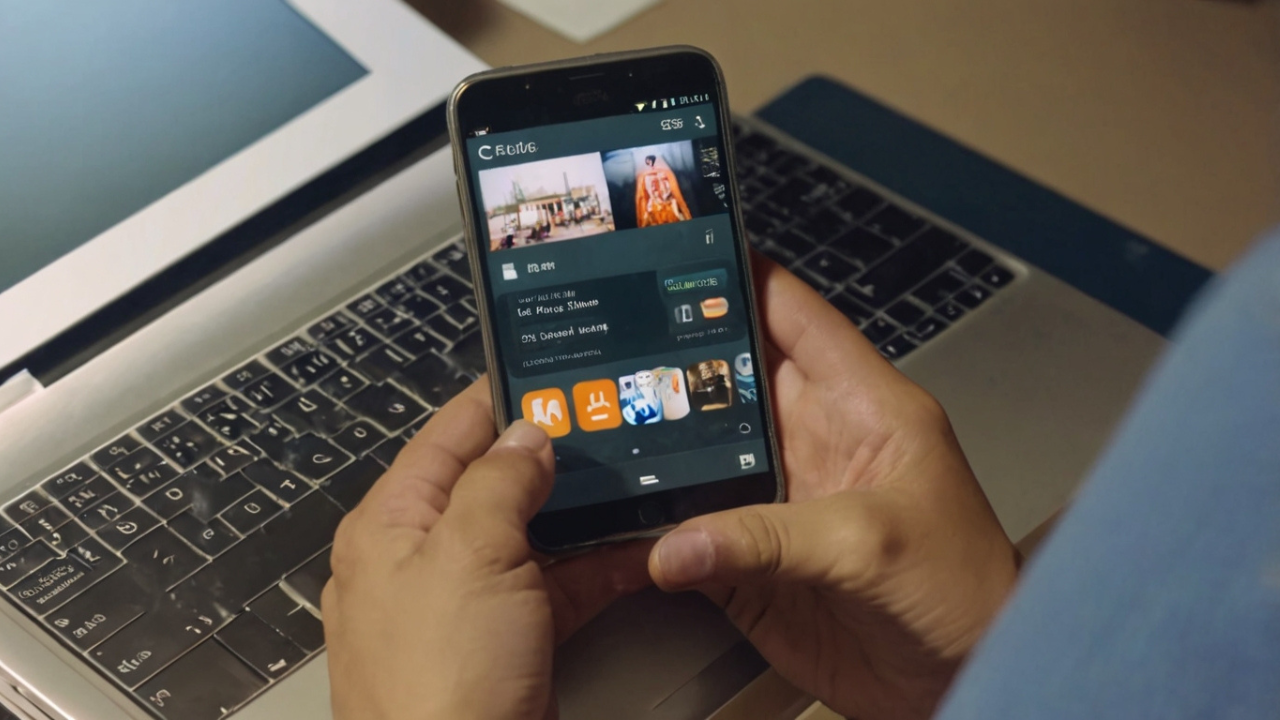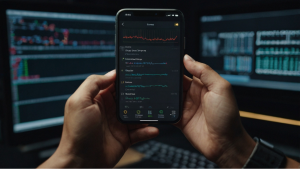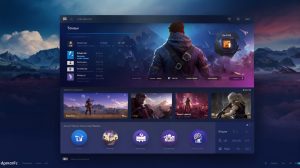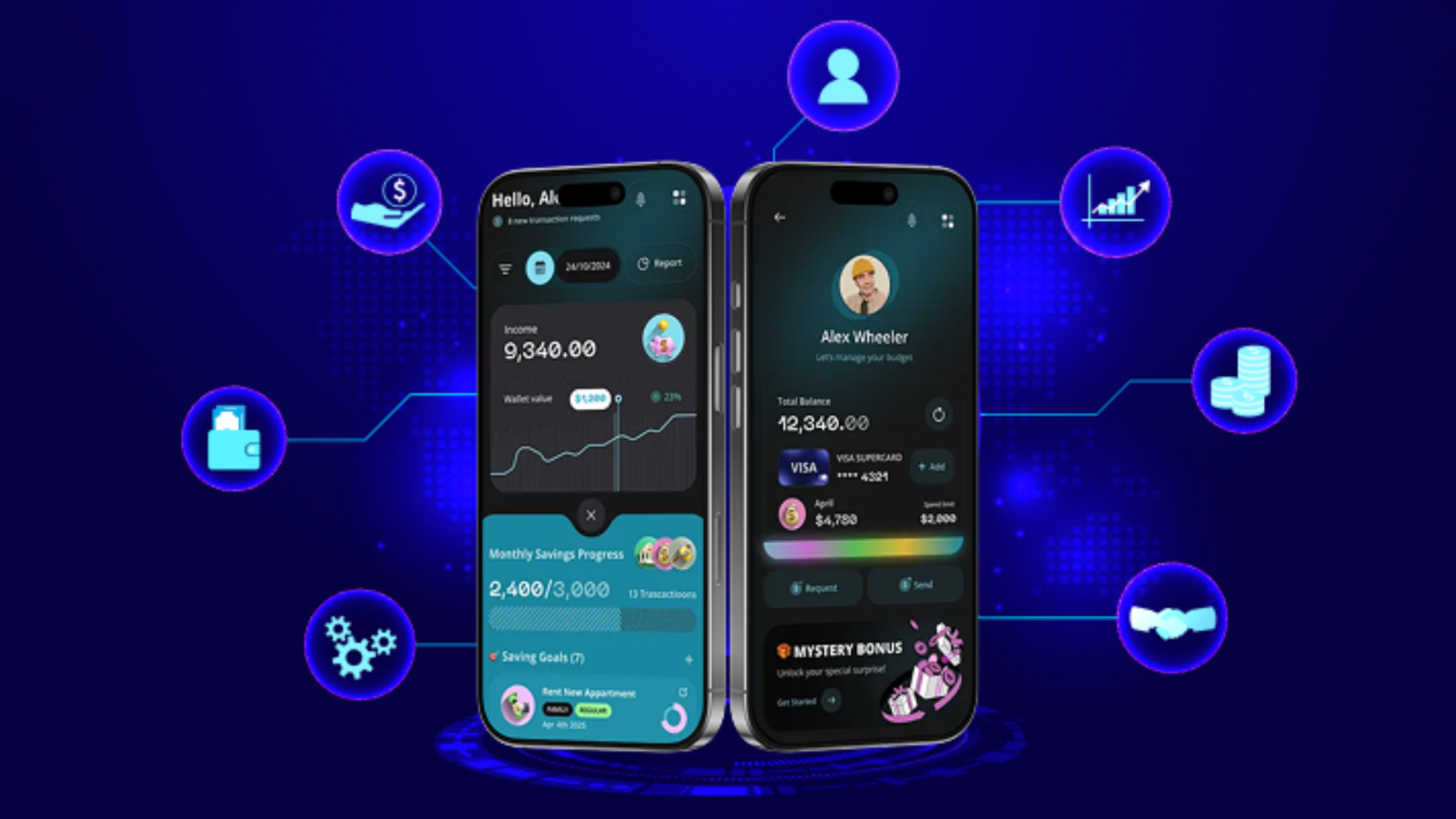Key Takeaways
| Fact | Details |
|---|---|
| Speed | 5G networks can be up to 100 times faster than 4G. |
| Latency | 5G reduces latency to as low as 1 millisecond. |
| Device Capacity | 5G can support over 1 million devices per square kilometer. |
| Global Reach | By 2025, it’s estimated that there will be over 1.7 billion 5G connections worldwide. |
Real-World Stats
- According to GSMA, global mobile data traffic is expected to grow by 26% annually until 2025.
- A report from Ericsson predicts that by the end of 2024, there will be more than 1 billion 5G subscriptions globally.
What is 5G?
5G, or fifth-generation wireless technology, is the latest advancement in mobile networks. It offers faster speeds, lower latency, and greater capacity than previous generations like 4G. This means that downloading apps, streaming videos, and playing games on your mobile device will be smoother and quicker!
How Does 5G Work?
To understand the impact of 5G, it’s essential to know how it works. Unlike its predecessors, which primarily used lower frequency bands, 5G utilizes a wider range of frequencies, including high-band (millimeter wave) spectrum. This allows for increased data transmission speeds and reduced latency.
- Low-Band Spectrum: Offers broad coverage but slower speeds.
- Mid-Band Spectrum: Balances speed and coverage; ideal for urban areas.
- High-Band Spectrum: Provides ultra-fast speeds but has limited range; best for densely populated areas.
This combination allows for a more flexible network that can adapt to various user needs and environments.
Why Does 5G Matter for Mobile App Development?
The introduction of 5G technology is a game-changer for mobile app developers. Here’s how:
1. Enhanced Speed and Performance
With speeds up to 100 times faster than 4G, apps can load instantly. This is especially important for:
- Streaming Services: Faster buffering and higher quality videos lead to a better user experience. For example, platforms like Netflix and YouTube can provide uninterrupted streaming in ultra-high-definition (UHD) without lag.
- Gaming Apps: Reduced lag and improved graphics enhance gameplay. Imagine playing a multiplayer game where every action happens in real-time without any delays—this is now possible with 5G.
- E-commerce: Quicker transactions lead to better user experiences. Shoppers can browse products seamlessly and complete purchases without frustrating delays.
2. Lower Latency
The reduced latency (as low as 1 millisecond) means that data travels faster between devices. This is crucial for:
- Augmented Reality (AR) & Virtual Reality (VR): Real-time interactions make experiences more immersive. For instance, AR apps like Pokémon GO can provide real-time data overlays in our environments, enhancing gameplay and interaction.
- IoT Devices: Smart home devices can communicate instantly for better automation. Imagine controlling your home lights or thermostat with just a voice command—this becomes much more efficient with the speed of 5G.
3. Increased Device Capacity
5G can handle more devices at once. This is important because:
- Crowded Events: More people can use their devices without slowdowns. Think about concerts or sports events where everyone is trying to share their experiences online; with 5G, you won’t have to worry about connectivity issues.
- Cities with Smart Technology: More sensors and devices can connect seamlessly. Smart cities will rely on numerous connected devices to manage traffic flow, public safety, and energy consumption effectively.
The Future of Mobile Apps with 5G
The future looks bright for mobile app development with the rise of 5G. Here are some exciting possibilities:
Smoother Gaming Experiences
Mobile games will become more realistic and engaging thanks to the enhanced capabilities of 5G. Developers can create games that use advanced graphics and complex mechanics without worrying about lag or slow loading times.
Example: Cloud Gaming
Cloud gaming services like Google Stadia or NVIDIA GeForce Now will benefit immensely from the speed of 5G networks, allowing users to stream high-quality games directly to their devices without needing expensive hardware.
Advanced AR Applications
Apps will provide real-time data overlays in our environments, transforming how we interact with the world around us.
Example: Navigation Apps
Imagine using an AR navigation app that not only shows you directions but also overlays information about landmarks or businesses you pass by in real time!
Improved Healthcare Apps
Remote patient monitoring will become more efficient with real-time data transfer. Healthcare providers can track patients’ vital signs instantly, leading to quicker responses in emergencies.
Example: Telemedicine
Telemedicine apps will allow doctors to diagnose and treat patients remotely using high-definition video calls without any lagging issues.
Enhanced Social Media Experiences
Social media platforms will leverage the capabilities of 5G to offer richer content experiences such as live streaming in high definition or interactive features that require real-time data processing.
Example: Live Streaming Events
Imagine attending a concert virtually through your social media app with a seamless live stream experience—this will become a reality with the power of 5G!
Challenges Ahead
While the benefits of 5G are significant, there are challenges that developers must consider:
Infrastructure Development
Building the necessary infrastructure for widespread 5G coverage requires significant investment from telecom companies and governments alike. This includes installing new antennas and upgrading existing networks.
Security Concerns
With increased connectivity comes increased vulnerability. Developers must prioritize security measures in their apps to protect user data from potential breaches.
Fragmentation of Standards
As different countries adopt varying standards for implementing 5G technology, developers may face challenges in ensuring their apps work seamlessly across different regions.
Conclusion
The impact of 5G on mobile app development is profound and transformative. Developers must embrace this technology to create faster, more efficient, and innovative applications that meet the demands of users in a connected world. As we continue to explore the capabilities of 5G, the possibilities are endless!
“The future belongs to those who believe in the beauty of their dreams.” – Eleanor Roosevelt
In summary, as we stand on the brink of this new technological era, it’s essential for developers to stay informed about advancements in mobile technology and adapt their strategies accordingly. The world is moving toward a more connected future where mobile applications will play an increasingly vital role in our daily lives—let’s embrace it!










